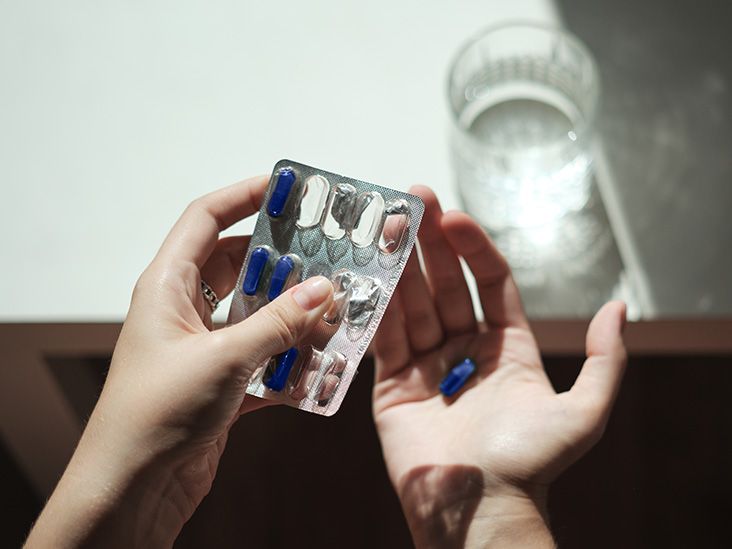Using cannabidiol (CBD) for anxiety is becoming increasingly popular. We share our top picks based on medical insights, desired potency and results, and tester feedback.
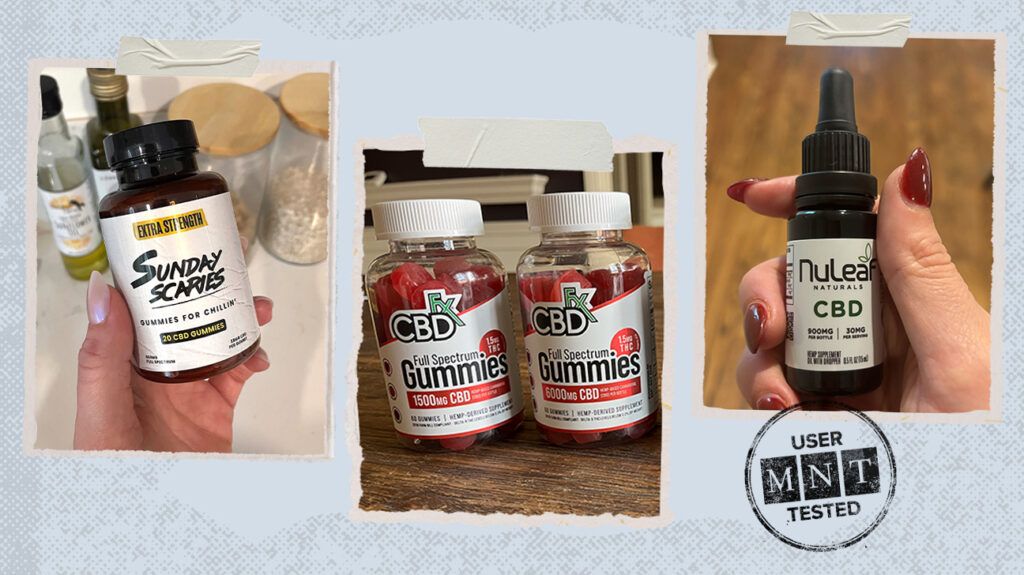
- Best CBD oil for anxiety: CBDistillery Ahhh Distilled Full Spectrum CBD Oil, 500 mg | Skip to review
Many people are considering using CBD to manage anxiety symptoms. Anxiety disorders are the most common mental health condition in the United States, affecting an estimated
Keep reading to learn about the relationship between CBD and anxiety, including research into benefits, how to use, risks and safety, and CBD products to try for different anxiety symptoms.
Our reviewers may have received some products from the manufacturers for free, which does not influence their review. All opinions are the reviewers’ own.
| CBD type and form | Amount of CBD | Price | |
|---|---|---|---|
CBDfx Full-Spectrum Wild Berry Gummies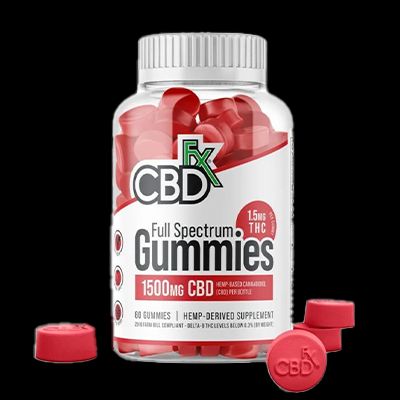 | • full-spectrum • gummies | • 1,500 mg to 6,000 mg per bottle • 25 mg to 100 mg per gummy | from $54.99 |
CBDistillery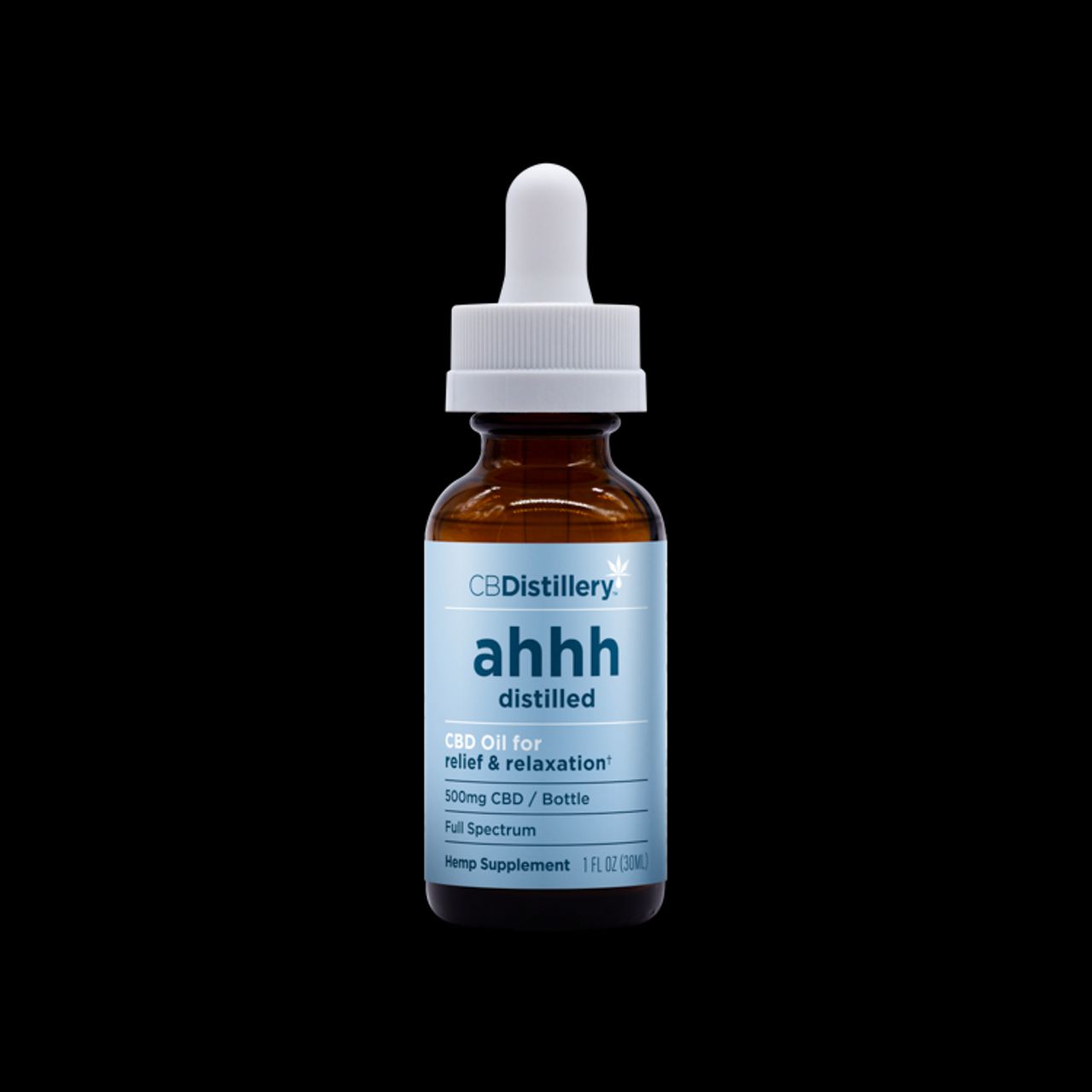 | • full-spectrum • oil | • 500 mg per bottle • 17 mg per drop | $45 |
Sunday Scaries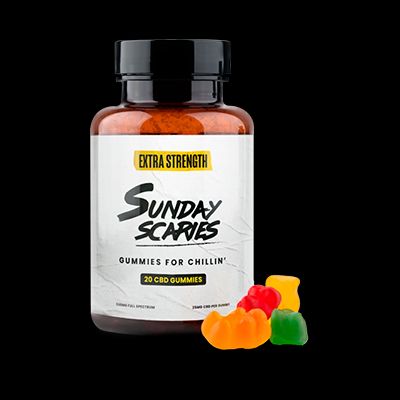 | • full-spectrum • gummies | • 500 mg per bottle • 25 mg per gummy | $49 |
Nuleaf Naturals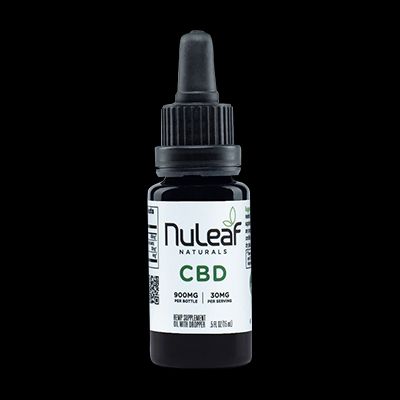 | • full-spectrum • oil | • 300 mg to 6,000 mg per bottle • 20 mg per gummy | from $24 and up |
We selected these CBD products according to criteria we think are good indicators of safety, quality, and transparency.
As a part of our vetting process, we consider:
- the product’s composition, ingredients, and overall quality
- any third-party certifications
- the company’s reputation and business practices
- any lab test results
- marketing claims
We only include products that brands claim are particularly beneficial for anxiety. This includes products that may help relieve symptoms of anxiety, such as sleep disturbances and muscle tension. We regularly review the products we feature in our articles to ensure we provide the best options for our readers. Read more about our vetting process.
In addition, we undergo internal testing for CBD products to get honest, firsthand feedback from reviewers.
The growing legalization of medical cannabis in the United States has prompted many scientists to study the various therapeutic uses of cannabis and CBD, including in the treatment of anxiety disorders.
In a small
Most study participants received one 25-mg capsule of CBD per day. A few participants received 50 or 75 mg per day. One individual with a history of trauma and schizoaffective disorder received up to 175 mg daily.
After the first 2 months of CBD treatment, 78.1% of participants reported improvements in anxiety symptoms. However, 19.5% developed worse symptoms after CBD treatment.
Additionally, the authors of a 2020 article reviewed eight studies investigating CBD’s role in treating various anxiety disorders. The authors found evidence to support the use of CBD as an effective monotherapy or complementary therapy for treating generalized anxiety, seasonal affective disorder (SAD), and post-traumatic stress disorder (PTSD).
In a recent
All groups reported improvements in their overall quality of life after 3 weeks of CBD treatment. The individuals who received CBD treatment for anxiety or depression reported that they experienced improvements in their ability to perform daily functions and reduce pain and anxiety or depression symptoms.
From that research, 70% of study participants reported some level of satisfaction with CBD treatment, ranging from good to excellent. Only 9.9% of participants experienced adverse side effects, such as sedation and vivid dreams. Although a smaller portion of the study population (0.8%) reported worsening symptoms, a larger group (15%) reported an improvement in both appetite and sleep.
However, the studies showed considerable variation in CBD doses, ranging from 6 to 400 mg per dose. This variation highlights the need for more high quality, large-scale clinical trials to help establish standardized dosing and clinical usage guidelines for CBD therapy.
CBD and mental health
To learn more about how CBD affects mental health conditions, read our articles on:
A 2020 review of research states that people generally tolerate CBD well with mild side effects. However, researchers do not know much about the long-term effects of using CBD.
According to the
- drowsiness and sleepiness
- diarrhea
- changes in appetite and weight
- irritability and agitation
More serious side effects could include:
- liver damage
- changes in male fertility
- possible drug interactions
The FDA also notes that it does not regulate CBD products, so there may be concerns over the quality of CBD on the market. To ensure they are getting a safe and high quality product, people can buy from trusted brands that third-party test its products.
There are several important considerations when shopping for CBD, such as:
- Certificate of analysis (COA): People should only buy products from companies with an accessible and current COA. Some companies may display the COA on their shopping page, whereas others may require a person to scan a QR code.
- Third-party testing: Some companies send their CBD products to third parties for laboratory tests. This ensures that the products contain the type and amount of CBD the company advertises.
- Type of CBD: Companies can legally sell different types of CBD, including full- or broad-spectrum CBD or CBD isolate. Full-spectrum CBD contains up to 0.3% THC, whereas broad-spectrum and CBD isolate contain trace or no amounts of THC.
- CBD strength: People new to CBD may wish to start at a lower strength of CBD. They should always start with the lowest possible dose of a product and gradually increase it as necessary.
People should note that the
Researchers and healthcare professionals have yet to establish standardized CBD dosing recommendations for therapy.
In a small 2019 study, researchers found 300 to 600 mg of CBD significantly reduced anxiety symptoms in 57 adult males.
An optimal dosage for an individual to relieve anxiety depends on the CBD product, how they administer it, and personal health factors.
CBD administration methods include:
The administration method determines how quickly cannabinoids begin taking effect.
The effects of orally administered CBD, such as oils, edibles (such as gummies), or capsules, generally begin working within 30 minutes to 2 hours. Smoking or vaping CBD oil or cannabis buds results in more immediate effects.
People can use oral CBD products to relieve anxiety throughout the day. It may help to take these products in the morning with some food.
Learn more about a safe CBD dosage.
Full-spectrum and broad-spectrum CBD may be the best type for anxiety. Both of these options contain cannabinoids, terpenes, and flavonoids from the cannabis plant, which may make CBD more effective.
Full-spectrum CBD contains up to 0.3% THC, whereas broad-spectrum does not contain this compound. People who wish to avoid consuming THC may prefer broad-spectrum products.
Yes, there is evidence that CBD can help relieve anxiety symptoms.
One study found that CBD helped reduce depression and anxiety symptoms and helped increase the quality of life in the study participants.
Yes, there is evidence that CBD affects the nervous system, according to 2020 research published, resulting in a decrease in anxiety symptoms. However, people should not use CBD instead of anxiety medication unless a healthcare professional recommends doing so.
People need to follow the dosage instructions on the CBD product they buy, as there are no official recommendations on what dosage is best for anxiety. Those new to CBD can also start on a lower dose to see how their body reacts to it. They can then gradually increase the dose until they get their desired effect.
There are limited scientific studies in humans showing that CBD is effective for depression. However, a 2022 study stated that CBD showed promise in this area.
People should not replace their antidepressant medication with CBD without first discussing it with a doctor.
An ever-growing body of research suggests that cannabidiol (CBD) may help relieve anxiety, one of the most common mental health disorders. The best CBD products for anxiety include some CBD gummies and oils.
However, the Food and Drug Administration (FDA) does not regulate CBD for treating anxiety. This means the quality and dosage of CBD can vary widely between products and manufacturers. People who currently use prescription medication or supplements may want to consult a doctor before using CBD.
Is CBD legal?The 2018 Farm Bill removed hemp from the legal definition of marijuana in the Controlled Substances Act. This made some hemp-derived CBD products with less than 0.3% THC federally legal. However, CBD products containing more than 0.3% THC still fall under the legal definition of marijuana, making them federally illegal but legal under some state laws. Be sure to check state laws, especially when traveling. Also, keep in mind that the FDA has not approved nonprescription CBD products, and some products may be inaccurately labeled.


